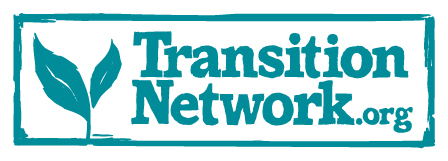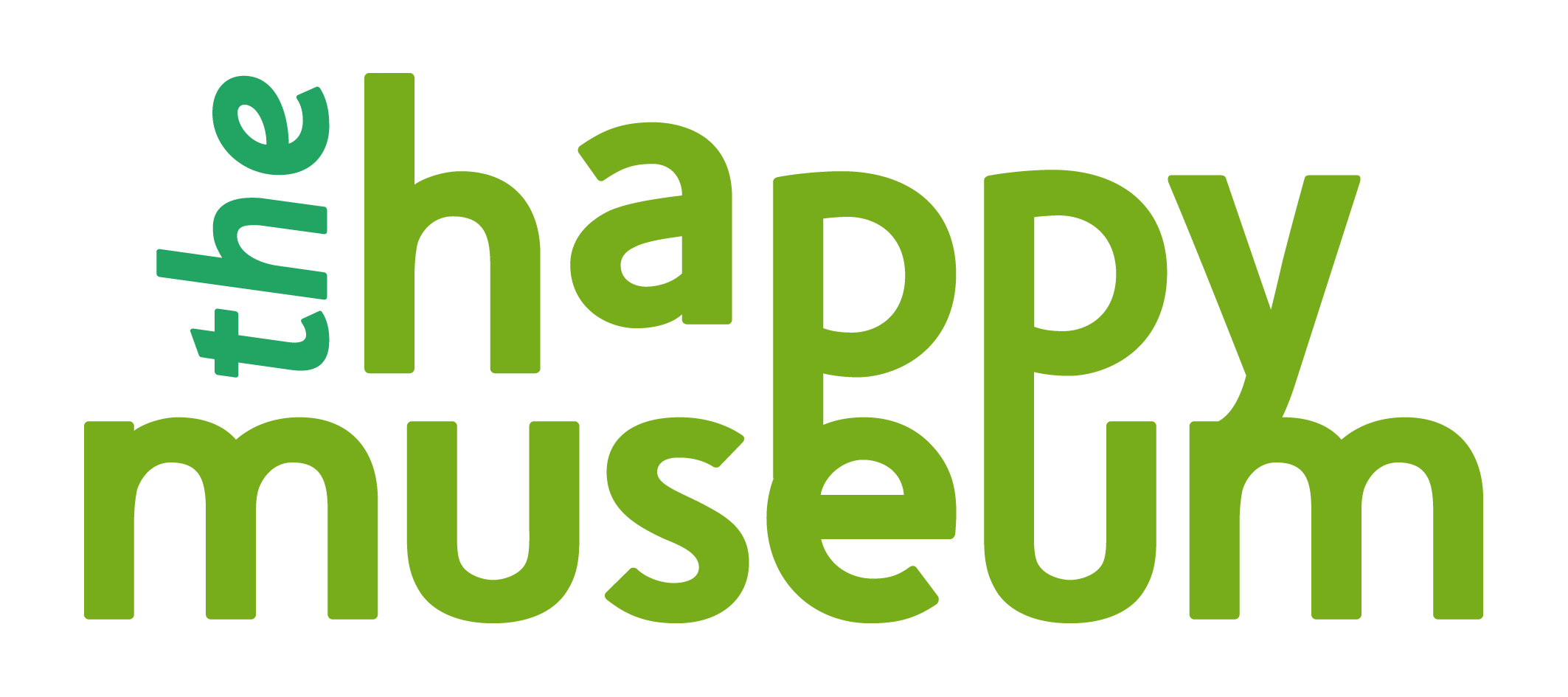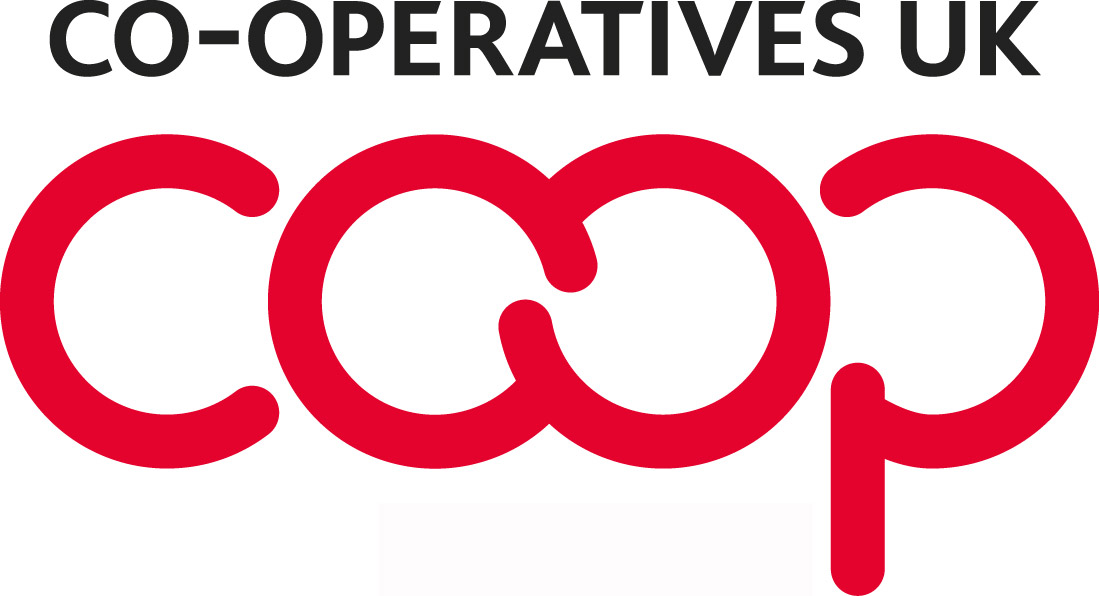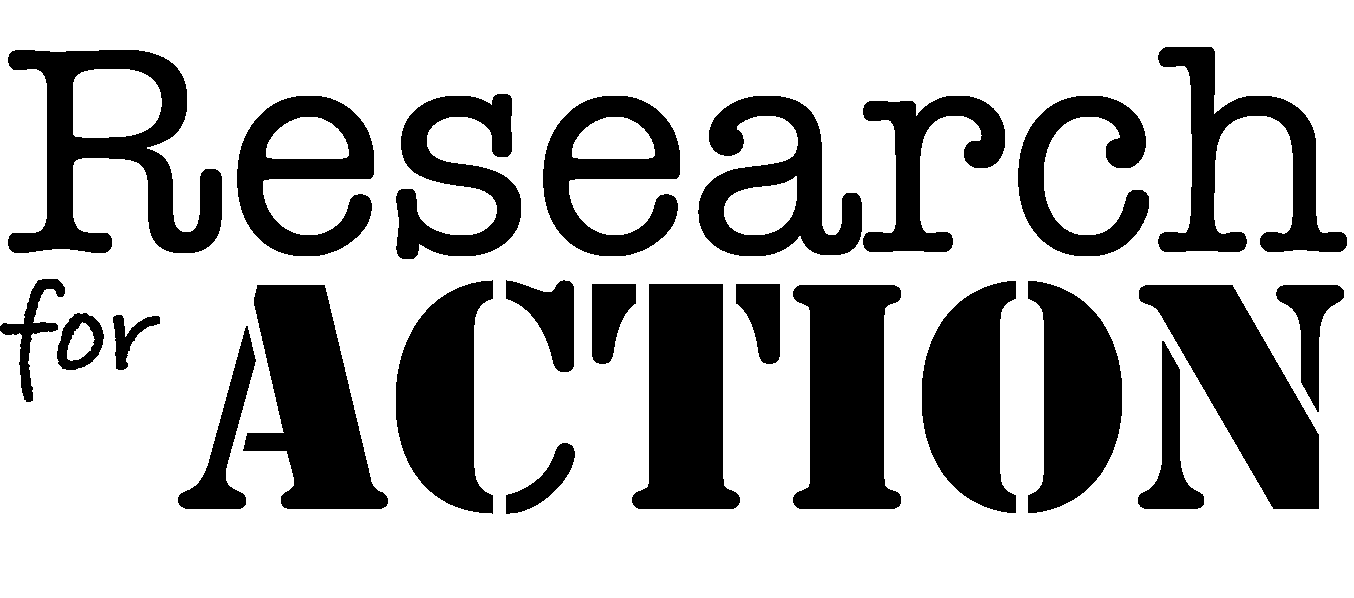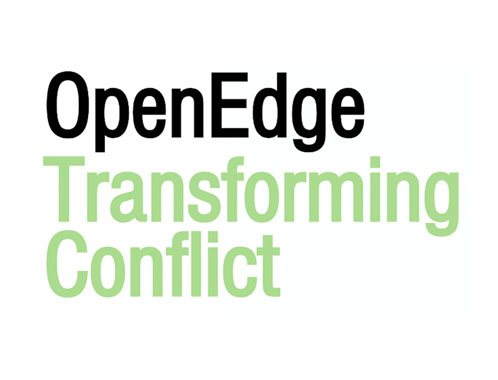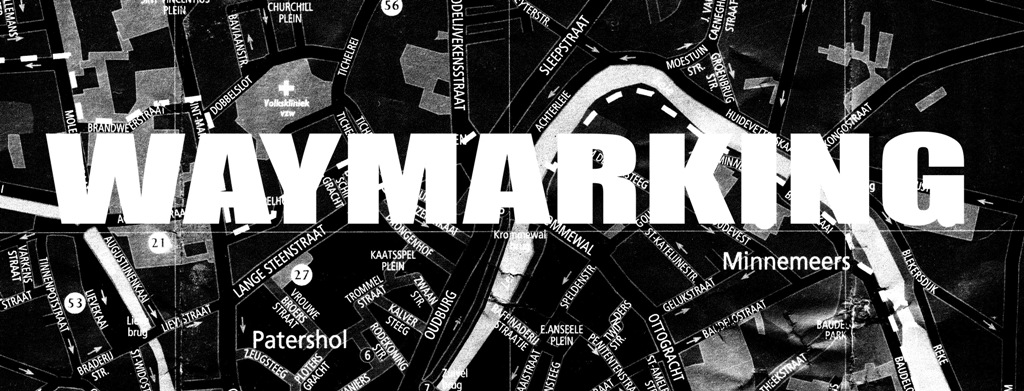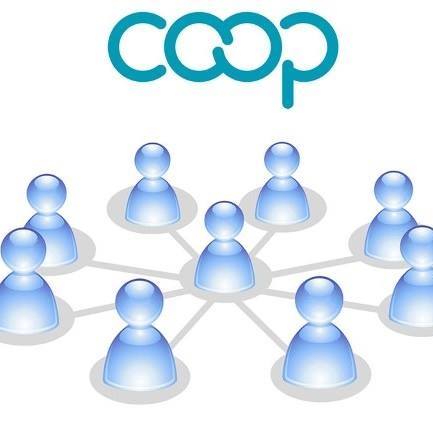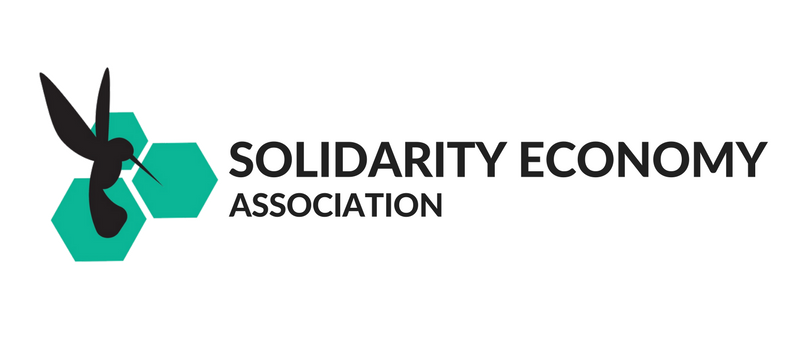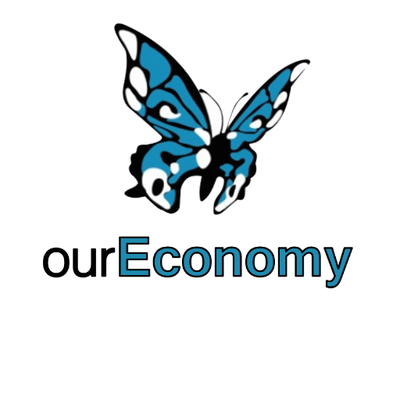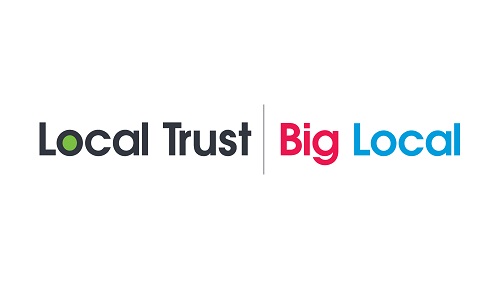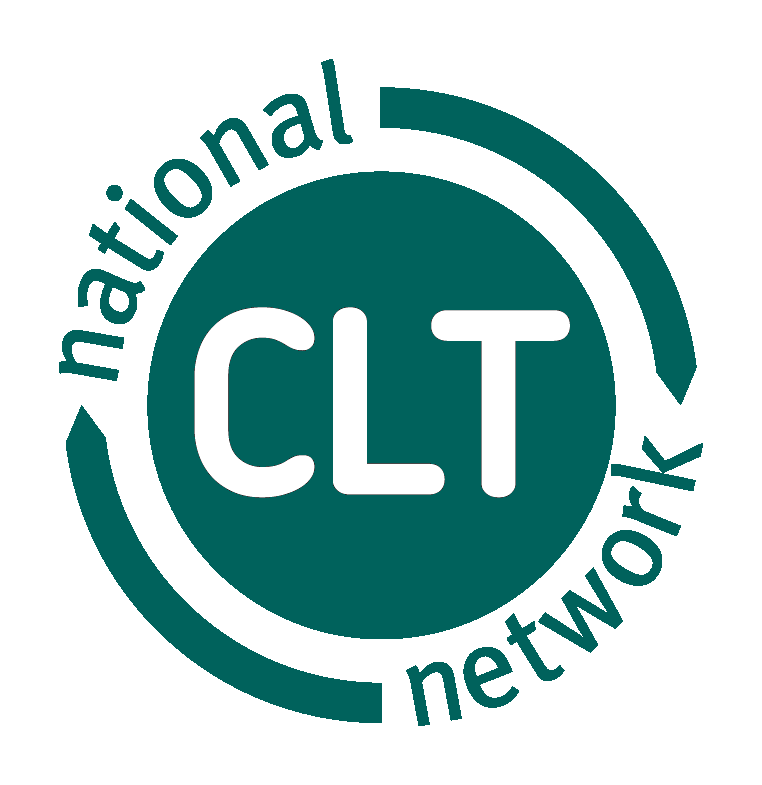Reflections on the CTRLshift gathering – an emergency summit for change

A guest post by Dave Darby from CTRLshift Partner the Open Credit Network. Originally published on the LowImpact.org blog.
The stated aim of the annual CTRLshift conference (that took place in Stoke-on-Trent recently) is to bring key people together to talk about practical steps to help shift power away from central government and multinational corporations, to communities and individuals. Well, you had me at ‘decentralisation’, so I went along. Governments, banks and corporations have shared centralised power for long enough – way too long, in fact. Politicians give preference to corporations when it comes to procurement (including weapons procurement); take corporate jobs and money; listen to corporate lobbyists; tax independent coffee shops properly, but not Starbucks; give banks monopoly control over the money supply – and so on.
All the organisations represented at CTRLshift are doing valuable work to try to counter that, and I had some really interesting conversations in Stoke – inspiring and enlightening. Nevertheless, it’s difficult to be too optimistic when you listen to what (sometimes triple-peer-reviewed) scientists are saying about what’s in store for us. We’re in deep doo-doo really. Recent papers/articles by Prof. Jem Bendell and Matthew Slater are not unrealistic, I don’t think. Our current economy is not only unable to get us out of this situation – it makes it worse, every day. We need system change – as in replacement, not reform.
[epq-quote align=”align-center”]”Our current economy is not only unable to get us out of this situation – it makes it worse, every day. We need system change – as in replacement, not reform.”[/epq-quote]
To this end, on Thursday evening at CTRLshift, I was part of a meeting, in the canteen, about how to bring about this system change, using a combination of mutual credit and the viable system model (see below), involving Pat Conaty, Cath Muller, Gary Alexander, Jon Walker and Angela Espinosa. As I said, optimism is probably too strong a word, but this is something I’ve pursued more since the gathering, and I think it’s something that I’m going to be committing quite a lot of my time to over the coming months and, possibly / hopefully, years. The new system has to be all the things capitalism isn’t – decentralised, sustainable and mutually-owned.
Aspects of the new economy
First – decentralised. This is crucial. Banks and corporations centralise wealth and power, which overflows into the political system and prevents real democracy. The only alternative most capitalists can envisage is centralised socialism, which is why they’re so afraid of change. Co-operative alternatives have become bloated and centralised too – workers in Co-op Group stores barely realise they’re in a co-op; and the centralised Co-op Bank stumbled and was swallowed whole by a hedge fund (leaving a gaping hole in the co-operative sector). Each town used to have its own co-operative society, which over time became consolidated into giant, centralised Co-op Groups. The trick is to federate rather than consolidate (more later).
Second – sustainable (a new term is becoming popular – regenerative – because when it comes to ecology, it’s not enough to sustain what we’ve got, as it’s already too damaged, and needs to be regenerated). Sustainable means non-growing. We can continue to ‘grow’ qualitatively, but not in terms of raw GDP. Countries can be ranked in terms of ecological footprint (i.e. ecological damage), and that ranking will correlate exactly with a ranking based on size of economy. If GDP rises, so does spending power, and there’s nothing to ring-fence this extra spending power so that it’s not spent on material things. Technology and human ingenuity are never going to come up with a perpetual motion machine, nor a perpetually-growing economy on a finite planet.
And third – mutually-owned. Tesco was a corner shop once, Starbucks was one coffee shop, McDonalds, one restaurant. If we’re supporting privately-owned businesses, however small, we’re inadvertently providing a nursery for the multinational corporations of tomorrow. So support local private businesses – sure, but only over corporate alternatives, and never over local co-operatitves of any kind.
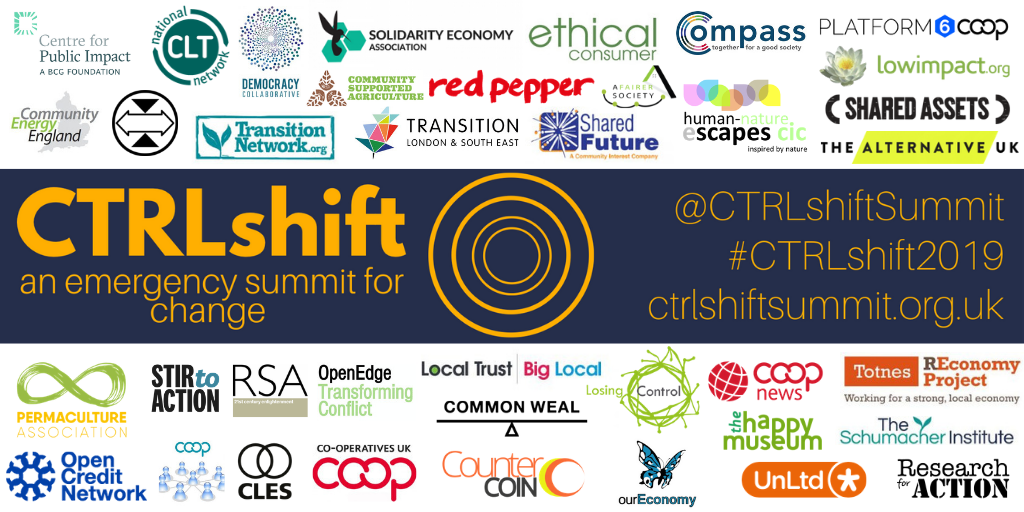
Transcending capitalism
Now I know that not everyone at CTRLshift subscribes to these principles. For example, I had a conversation with a proponent of capitalism (neither decentralised nor mutually-owned) and perpetual economic growth (I won’t say who with, because they’re doing good work, and I don’t want to sound critical). However bizarre I find this position, I’ve learned not to waste time fighting it. I was recently involved in a public debate about capitalism, upstairs in a pub in south London. I was putting the anti-capitalist case, and it turned out that my opponent had shares in a community energy scheme and was a member of a CSA scheme. So what’s to argue with? He considered community energy – based on a network of not-for-profit co-operative societies – capitalist, which it clearly isn’t, but who cares?
We can also work with people who believe that petitioning the state or changing its representatives will help, and in some ways it will – Corbyn says he’ll double the size of the co-operative sector, for example. But no country can stabilise GDP in a global economy that’s primed to maximise it. That way lies capital flight, recession and electoral defeat. And violent revolutionaries? I don’t think they were represented at CTRLshift (unless anyone knows differently). But really? They’d be crushed, and would need violent people to take control, after which, they’ll never relinquish it.
My real interest is in talking strategically about how we can build an alternative to capitalism, to transcend it, rather than overthrow it, and I had plenty of those at CTRLshift. It’s not really possible to talk strategically with capitalists or growth advocates, but we can offer support if they’re helping to build things that will make replacing capitalism easier – even inadvertently. I’ve been looking all my life for ‘it’ – something to light the blue touch paper of the mutualist economy. In the last few years I’ve found two very strong contenders – one more controversial in alternative circles than the other.
Credit Commons – money for the new economy
First, mutual credit (the less controversial of the two) – a trading / exchange system that requires no money, charges no interest and doesn’t involve banks. Businesses have an online account and appear in a directory (that lists the products and services they’re offering, and what they’re looking for). When they purchase in the system, their account goes into debit, and when whey sell in the system, they get credit. There are limits to how far members can go into credit or debit. That’s it, in terms of the essential practical details. Members can only earn credit if another member incurs exactly the same amount of debit. Credits and debits cancel each other out, and the entire system balances at zero.
Three years ago, I read Tom Greco’s book The End of Money and the Future of Civilisation, and a penny dropped – this could be the key to system change. Any exchange system that involves money that can be accumulated will concentrate wealth and power. Mutual credit doesn’t use a currency that can be accumulated – unlike crypto, for example. Around the same time, I read Matthew Slater’s Credit Commons white paper, and that was it – I was hooked. Matthew is working with others on software to allow mutual credit schemes everywhere to become interoperable, and so create a global moneyless trading system.
Matthew came over from Athens to speak at The Open Co-op’s Open2018 conference, and afterwards, Matthew, Oliver Sylvester-Bradley (co-founder of The Open Co-op) and I decided to build a mutual credit network for the UK. Matthew introduced Dil Green, and together, we launched the website – the Open Credit Network – and conducted our first trades earlier this year. Tom Greco came over from the States to see us, and now he and Matthew are in our advisory group, along with other finance and tech specialists. I hosted a ‘solutions session’ on mutual credit at CTRLshift, and although we had a useful conversation, only 10 people attended (there were 30-40 people at other sessions), and several of them already knew as much or more than me about mutual credit. (However, there were some indications of possibilities of local mutual credit nodes.) I guess a lot of people think that the money / finance system is just too complicated to get their heads around, and left it alone. I’m working on ways to simplify and clarify the concept of mutual credit, and so for example, at Open2019, there will be a series of ‘lightning talks’ on a range of solutions to the problem of collaboration at scale, and I’ll be giving talks about mutual credit. It would be good to see you there.
If you could click the ‘express interest’ button on our home page, on behalf of your business / organisation, that would be fab; plus if you could get it on social media and tell everyone you know to do the same, that would be double-fab.
Viability
Secondly, I came across the viable system model (VSM) last year, brainchild of the now deceased genius, Stafford Beer. A major problem in growing a co-operative / solidarity / mutualist economy that stays co-operative and is immune to corporate buyouts, is keeping it decentralised. I was told by several people whose opinions I respect, that the best tool for this job is the VSM. There have been huge debates about whether the focus should be on a viable systems approach or on building human relationships and good communication. My feeling is that these approaches are two sides of the same coin – i.e. just communicating well and being nice to each other without a systemic approach to change, or a systems approach in which people are horrible to each other and don’t communicate well are not really viable options.
Swayed by what seemed like excellent advice from people I trust, and thinking ‘what can it hurt?’, I visited Jon Walker and Angela Espinosa (both disciples of Beer, who met at his funeral and married soon after), authors of several books on cybernetics and viable systems, including the most accessible guide to the VSM online. They’ve been impressed with the concept of mutual credit, and are now preparing a proposal for a package involving the VSM and mutual credit to help accelerate the growth of the new, mutually-owned, decentralised, regenerative economy. We hope to show key people working in community energy, community-supported agriculture, worker co-ops, housing co-ops, platform co-ops, free software, community land trusts and alternative finance that the benefits this package could provide will outweigh the effort required to understand and implement it, whilst taking their lead as to how to tweak the proposal.
I’d like to see a new ‘mutualist’ sector develop in close partnership with CTRLshift, but with tighter criteria on the economic institutions we’d like help create, grow and network. The corporate sector will always attempt to co-opt, dilute, buy or crush any opposition, but a non-growing, mutually-owned, decentralised economy is not something that they can never pretend to be part of.
Any thoughts on any of this are very welcome.
To other attendees at CTRLshift – let me know if you’re up for an interview about what you’re doing, what barriers you face, how we might remove them, and about strategy for building a new economy to replace capitalism. You’ll join this rebels’ gallery.
Thanks very much – Dave







